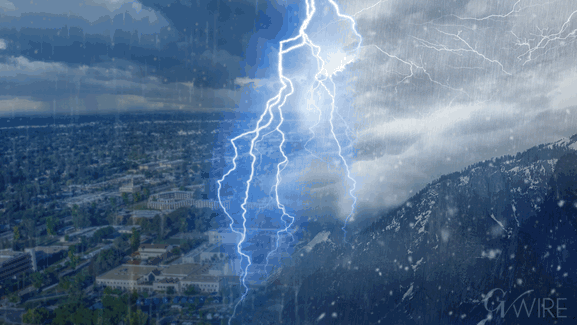Share
What are sanctions and how do they affect a country’s economy?
More importantly, do sanctions work?

Opinion
Jamie Ouverson
In regard to our longtime antagonistic relationship with North Korea, harsh sanctions imposed by President George W. Bush failed to deliver a regime change or stop that communist country from pursuing nuclear weapons.
And President Obama’s sanctions on Iran failed to force regime change.
Do I even have to bring up Cuba?
Bottom line: Sanctions don’t work.
What Are Sanctions?
Sanctions are a form of punishment intended to change a country’s behavior or, in some cases, bring about regime change.
When imposed, sanctions restrict the legal flow of goods such as food, trade, and money with the outside world.
That sounds good. And sanctions can be emotionally satisfying to the country imposing them. You’re inflicting punishment without incurring the staggering human and financial costs of going to war.
But here’s what advocates overlook: Sanctions often strengthen authoritarian regimes. In addition, a 2009 study by the University of Memphis found that sanctions contribute to the loss of human rights.
Sanctions Destroy Small Businesses, Middle Class
Under stiff sanctions, small businesses shut down because resources become scarce. And sanctions play right into the hands of authoritarian regimes, which hoard resources in a bid to force more people to become dependent on their aid.
During the Obama-era Iran sanctions, two Iranian analysts stated that the Iranian government had a near-economic monopoly after sanctions devastated Iran’s private sector.
As the middle-class shrinks, so does anti-government activism. This is important because the middle class is the prime driver of anti-government movements opposing authoritarian regimes.
When the Obama administration and its European allies-imposed sanctions that cut off Iran from trade with the West between 2010-2012, the number of families living in poverty almost doubled. And Iranians consumed about half as much bread and meat as they had in 1996.
Sanctions Fail the Economics Test
Basic economics instructs us that shortages create sky-high prices for goods and services.
The constraint of the legal flow of goods also creates black markets. People who are unable to legally obtain basic necessities eventually seek out the black market, thus leading to the formation of a “mafia-like class” of powerful individuals.
In Iraq, Saddam relied on Sunni clans to smuggle oil and other goods into the country, therefore making those clans more powerful.
People who are struggling day to day become focused on survival instead of aspirational goals. Disposing of tyranny becomes even more difficult due to repression.
So You Think Sanctions Will Change Iran for the Better?
Some notable cases of sanction failure include:
— Iraq under Saddam Hussein. He maintained his rule until the United States physically removed him through war.
— Cuba, which is still under a dictatorship and ruled by the Castro Regime.
— And Kim Jong Un’s North Korea, whose economy is rated last in the world, according to the 2018 index of economic freedom.
Old habits die hard.
Sanctions create countries that are broken beyond repair. Even after the dictator is dead and gone.



















